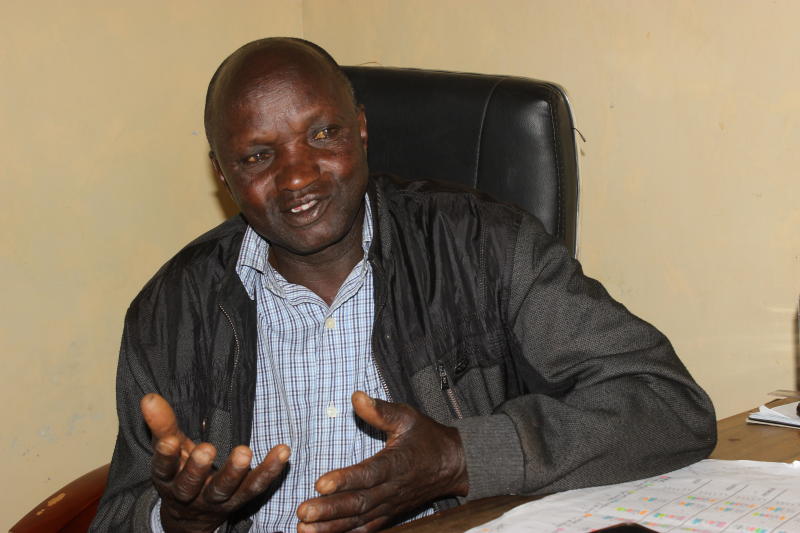×
The Standard e-Paper
Smart Minds Choose Us

He is among the pioneer athletes that stamped Kenya’s authority in track and field events at the global stage.
And despite taking part in three Olympic outings and two World Championships, Joseph Chesire cannot attract a passing glance.






